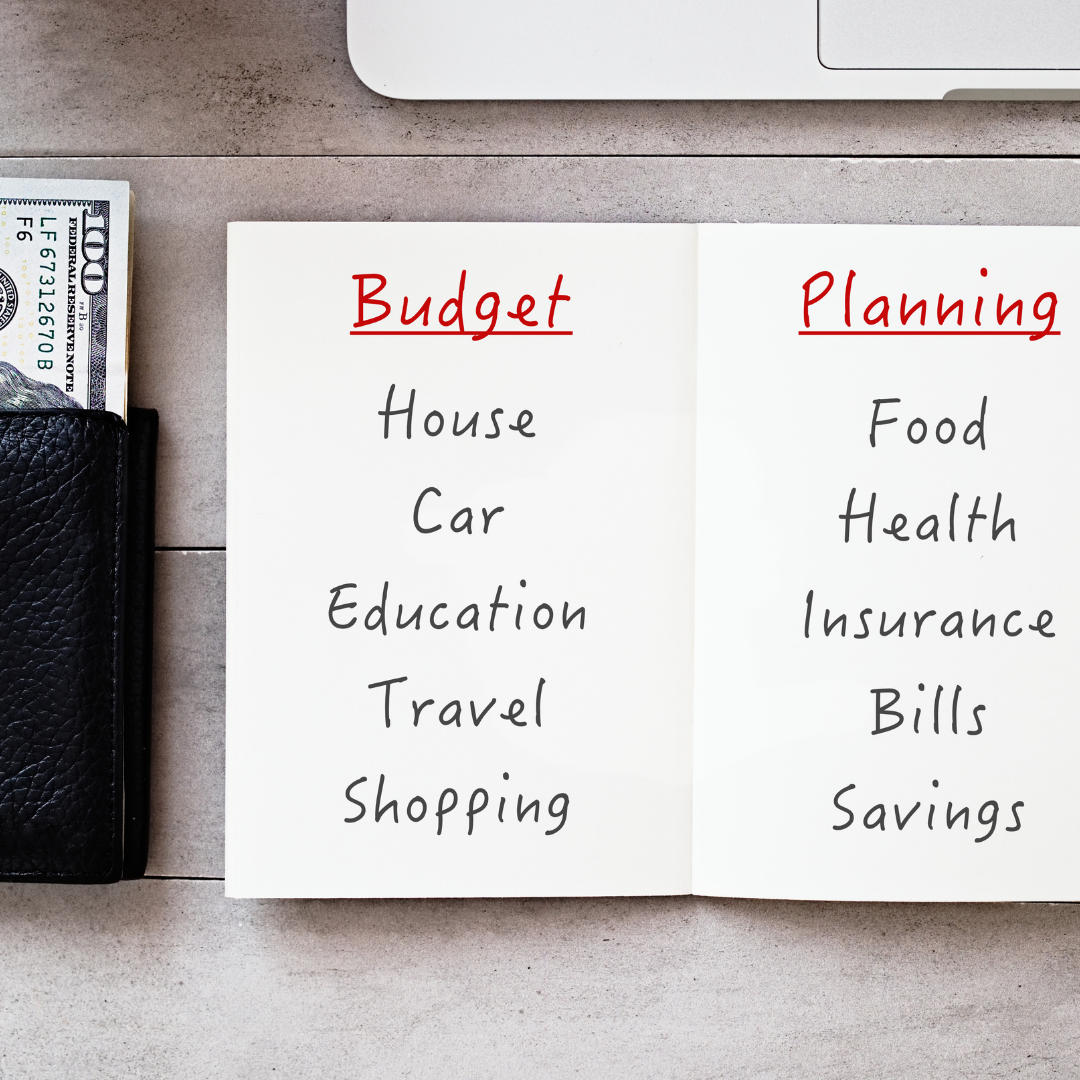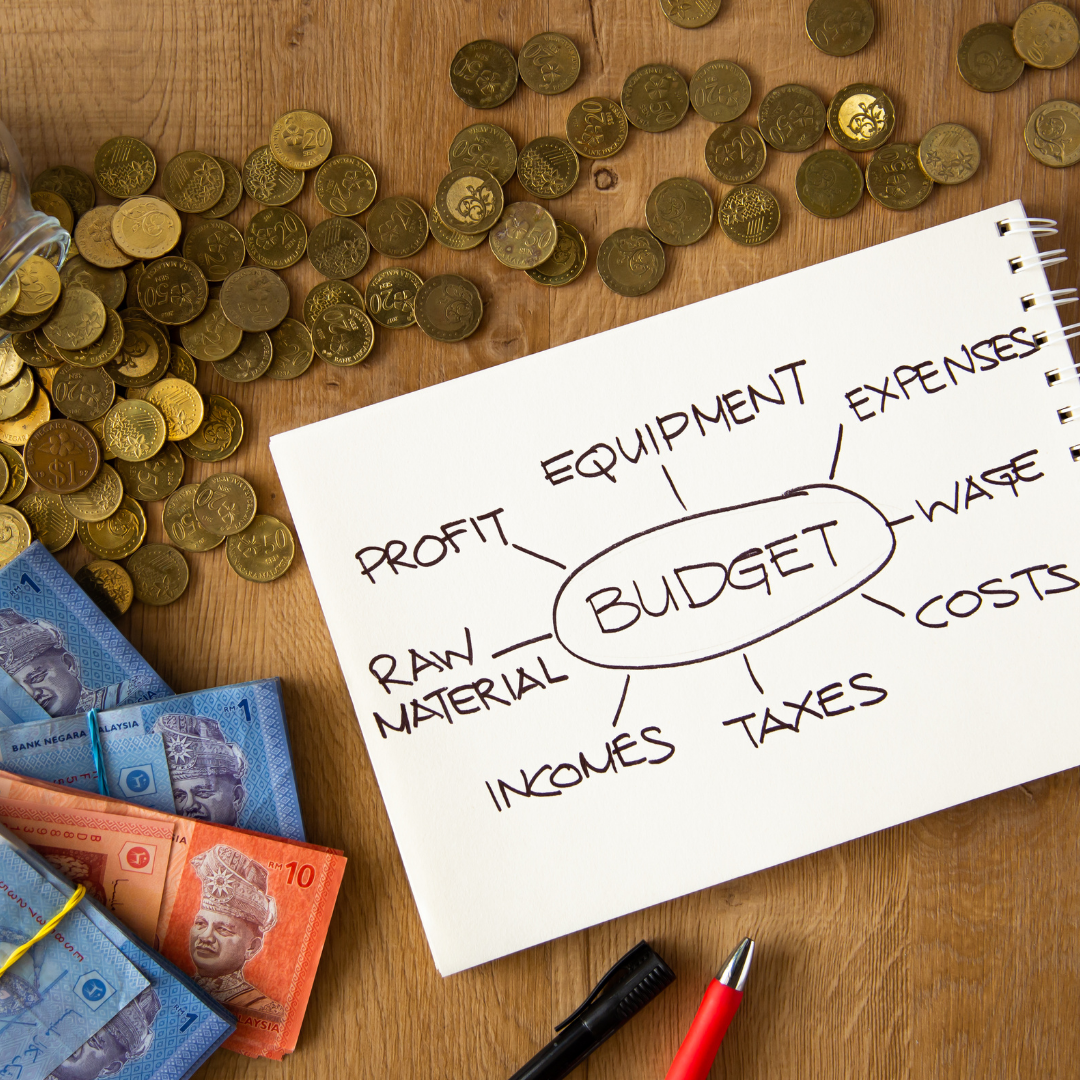Buying a home can be one of the most exciting and rewarding investments you will ever make. However, it can also be one of the most confusing, as there are so many different types of mortgages to choose from. If you want to get a better understanding of real estate mortgages and what’s available, this article is for you! Read on to learn about the different types of mortgages and how they work.
What Is A Mortgage?
A mortgage, like those negotiated by this mortgage broker Red Deer, is a debt instrument, secured by the collateral of specified real estate property, that the borrower is obliged to pay back with a predetermined set of payments. Mortgages are used by individuals and businesses to make large real estate purchases without paying the entire value of the purchase up front.
Where Mortgages are Used?
Mortgages are primarily used for purchasing residential and commercial properties. Some common uses of mortgages include:
- Residential homes: The most common use of mortgages is for individuals and families to finance the purchase of a primary residence, such as a single-family home, townhouse, or condominium.
- Investment properties: Investors often use mortgages to purchase properties that will generate rental income, such as apartment buildings, duplexes, or vacation homes.
- Commercial real estate: Businesses and investors may obtain mortgages to finance the purchase of commercial properties, such as office buildings, retail spaces, or industrial facilities.
- Land purchases: Mortgages aren’t just for buying homes. They can also be used to finance the purchase of land for development or investment purposes. For example, if you come across promising properties listed among top farms for sale, you can obtain a mortgage to acquire them. This allows you to invest in land with potential for development or agricultural use, using the mortgage to fund the purchase.
- Construction loans: Some mortgages are specifically designed for financing the construction of new buildings, whether residential or commercial.
In addition to purchasing properties, mortgages can also be used for refinancing existing loans, consolidating debt, or accessing equity in a property through home equity loans or lines of credit.
What Is A Mortgage Note?
A mortgage note is a legal document outlining the terms of a mortgage loan, encompassing details like the principal amount, interest rate, repayment schedule, and relevant conditions. Nevertheless, individuals may choose to sell their mortgage notes to trusted buyers for various reasons. For starters, the decision can yield immediate cash to address urgent needs like medical expenses or debt consolidation. Some individuals may also pursue this option to diversify their investments or transfer default risk to the buyer. Selling a non-performing note linked to a property where the borrower ceased payments can also allow homeowners to divest from a distressed asset. Likewise, simplifying finances, adjusting investment strategies, or obtaining additional funds for retirement may also drive such sales.
What is a Fixed Rate Mortgage?
If you’re looking to buy a home, you’ll likely need to obtain a mortgage. There are many different types of mortgages available, each with its own terms and conditions. One type of mortgage is a fixed-rate mortgage.
With a fixed-rate mortgage, the interest rate on your loan is fixed for the duration of the loan. This means that your monthly payments will remain the same for the entire repayment period. Fixed-rate mortgages are typically available in terms of 15, 20, or 30 years. Fixed-rate mortgages offer borrowers stability and predictability, as they know exactly how much their monthly payments will be. This can make budgeting easier and help to avoid any nasty surprises down the road. However, it’s important to note that if interest rates fall during your loan term, you’ll be stuck paying more than you would have with a variable-rate mortgage.
If you’re thinking of taking out a fixed-rate mortgage, be sure to compare offers from multiple lenders to find the best deal possible.
Adjustable Rate Mortgages (ARM)
An adjustable-rate mortgage, also known as an ARM, is a type of mortgage where the interest rate is not fixed and can fluctuate over time. The initial interest rate is often lower than that of a fixed-rate mortgage, but it can increase or decrease over the life of the loan.
ARMs are typically used by borrowers who plan to sell their homes or refinance within a few years. This type of mortgage may be ideal for someone who expects their income to increase in the coming years and wants to take advantage of lower interest rates now.
It’s important to understand how your interest rate could change with an ARM before you agree to one. Most ARMs have periodic adjustment periods, where the interest rate is reset based on market conditions at the time. After the initial period, your interest rate will adjust at each adjustment interval according to its index value plus a margin.
Your monthly payment could go up or down depending on how the index value changes, so it’s important to choose an ARM with an index that you feel comfortable with. You should also be aware of any caps on how much your interest rate can increase or decrease during the life of the loan.
Home Equity Lines Of Credit (HELOC)
A home equity line of credit (HELOC) is a loan that uses your home equity as collateral. A HELOC gives you the flexibility to borrow up to your credit limit and pay back the funds over time, making it a popular choice for home improvement projects, debt consolidation, or other large expenses.
To get a HELOC, you’ll need to apply with a lender and have your home appraised to determine your home equity. Once approved, you’ll be given a credit limit and will be able to access the funds as you need them. repayment terms vary by lender, but you’ll typically have 5-10 years to repay the loan before the interest rate increases.
If you’re considering a HELOC, be sure to compare offers from multiple lenders to find the best terms and rates. And remember, your home equity is at risk if you default on the loan, so make sure you can afford the monthly payments before taking out a HELOC.
Reverse Mortgage
A reverse mortgage is a type of home loan that allows homeowners 62 and older to convert part of their home equity into cash. The equity you’ve built up in your home can be a source of income in retirement. Unlike a traditional forward mortgage, there are no monthly mortgage payments to make with a reverse mortgage. Instead, the loan balance is repaid when the house is sold, or the borrower passes away. If you’re considering a reverse mortgage, it’s important to understand how they work and what the pros and cons are. This article will explain everything you need to know about reverse mortgages.
Qualifying For A Mortgage
If you’re in the market for a new home, you’ll likely need to obtain a mortgage to finance the purchase. But before you can qualify for a loan, there are a few things you’ll need to do. Here’s an overview of the mortgage qualification process:
- You’ll need to determine how much house you can afford. This will involve evaluating your income, debts, and financial goals. Once you have an idea of what you can afford, you’ll need to find a lender and apply for a loan.
- When applying for a loan, the lender will consider your credit history, employment history, and other factors. They’ll also require documentation of your income and debts. If everything looks good, the lender will pre-approve you for a loan and provide you with an estimate of what your monthly payments will be.
- Once you’ve been pre-approved for a loan, it’s time to start shopping for homes! When you find one that meets your needs and budget, the next step is to get a home appraisal. This will ensure that the home is worth at least as much as the price you’re paying.
- After the appraisal is complete and everything checks out, it’s time to close on your new home! The closing process typically takes place 30-60 days after your offer is accepted. During this time, the lender will finalize your loan and provide you with the funds needed to purchase the property.
Tips For Choosing The Right Mortgage For You
When it comes to mortgages, there is no one-size-fits-all solution. The type of mortgage that is right for you will depend on your unique circumstances. Here are a few tips to help you choose the right mortgage for you:
Consider your financial goals.
Before you begin shopping for a mortgage, it’s crucial to have a clear understanding of your financial goals. What do you hope to achieve with this purchase? Are you aiming to save money on interest payments? Do you prefer a shorter loan term? Having a grasp of your goals upfront will assist you in narrowing down your options. You can then reach out to a mortgage brokers company Red Deer (or wherever you reside) to obtain further guidance tailored to your objectives.
Compare rates and terms from multiple lenders.
Once you know what kind of mortgage you’re looking for, it’s time to start shopping around. Don’t just go with the first lender that you find. Instead, compare rates and terms from multiple lenders to make sure that you’re getting the best deal possible.
Consider all of the costs involved.
Mortgages can be complex products, and there are often hidden costs involved that can add up over time. Make sure that you understand all of the fees and charges associated with the loan before signing on the dotted line.
Hopefully, this article has answered some of your questions about the different types of real estate mortgages available and given you a better understanding of what is involved. As there are so many options, it can be tricky to decide which one is best for you, but with the right research and advice from a professional mortgage broker or lender, you’ll be able to find the perfect mortgage loan for your needs.









